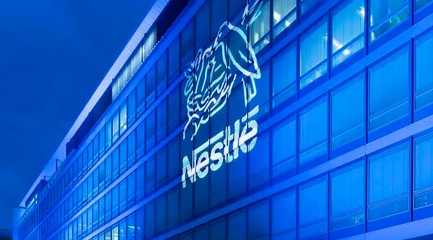
23 February 2024; MEMO: Nestlé has seen “hesitancy among consumers and a preference for local brands” in the Middle East since the start of the Israeli devastating war on the besieged Gaza Strip, its CEO said in a call with journalists on Thursday, Reuters reports.
Earlier this month, Britain’s Unilever reported its fourth-quarter sales growth in South-east Asia had been hurt by shoppers in Indonesia boycotting brands of multinational companies “in response to the geopolitical situation in the Middle East”.
Also, earlier this month, the American fast food chain, McDonald’s, said it had failed to achieve targeted sales for the first time in nearly four years during the past quarter, affected by weak sales growth in its businesses in the Middle East, amid a wave of boycotts triggered by the support of the company’s branches in Israel to the army’s attacks in Gaza.
The giant fast food company is among several Western brands that have witnessed protests and boycott campaigns due to its pro-Israel positions in the war on Gaza.
Brand sales in international development markets licensed by McDonald’s increased 0.7 per cent in the past quarter, much lower than the expected 5.5 per cent growth, according to data from the London Stock Exchange Group.
In January, McDonald’s CEO, Chris Kempczinski, said a number of markets in the Middle East and others outside the region are experiencing a “tangible impact on business” due to the war in Gaza, in addition to “misinformation” about the brand.




